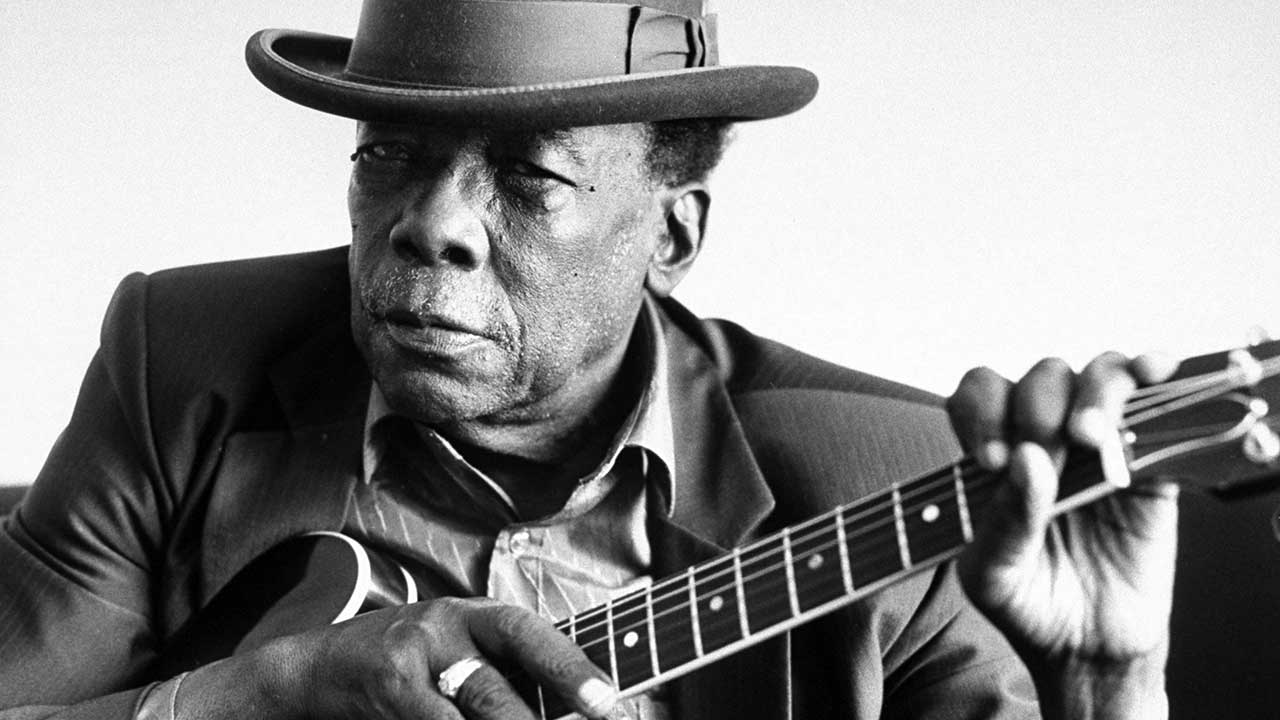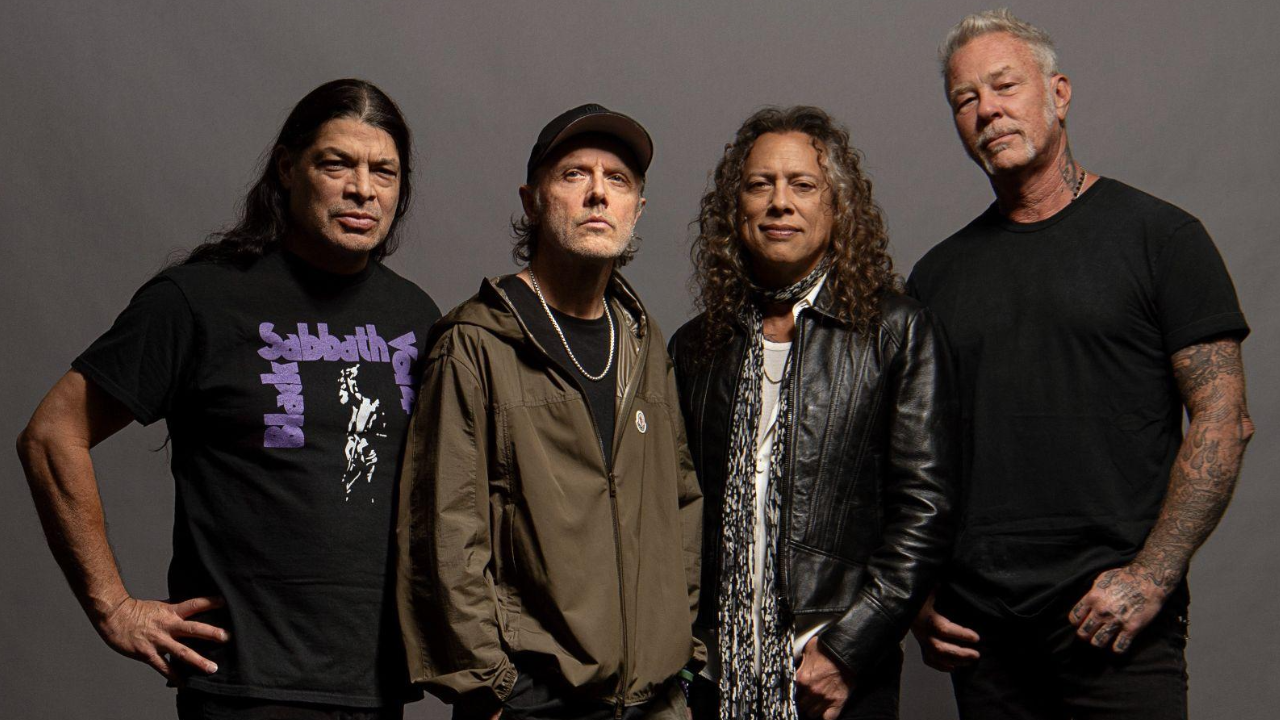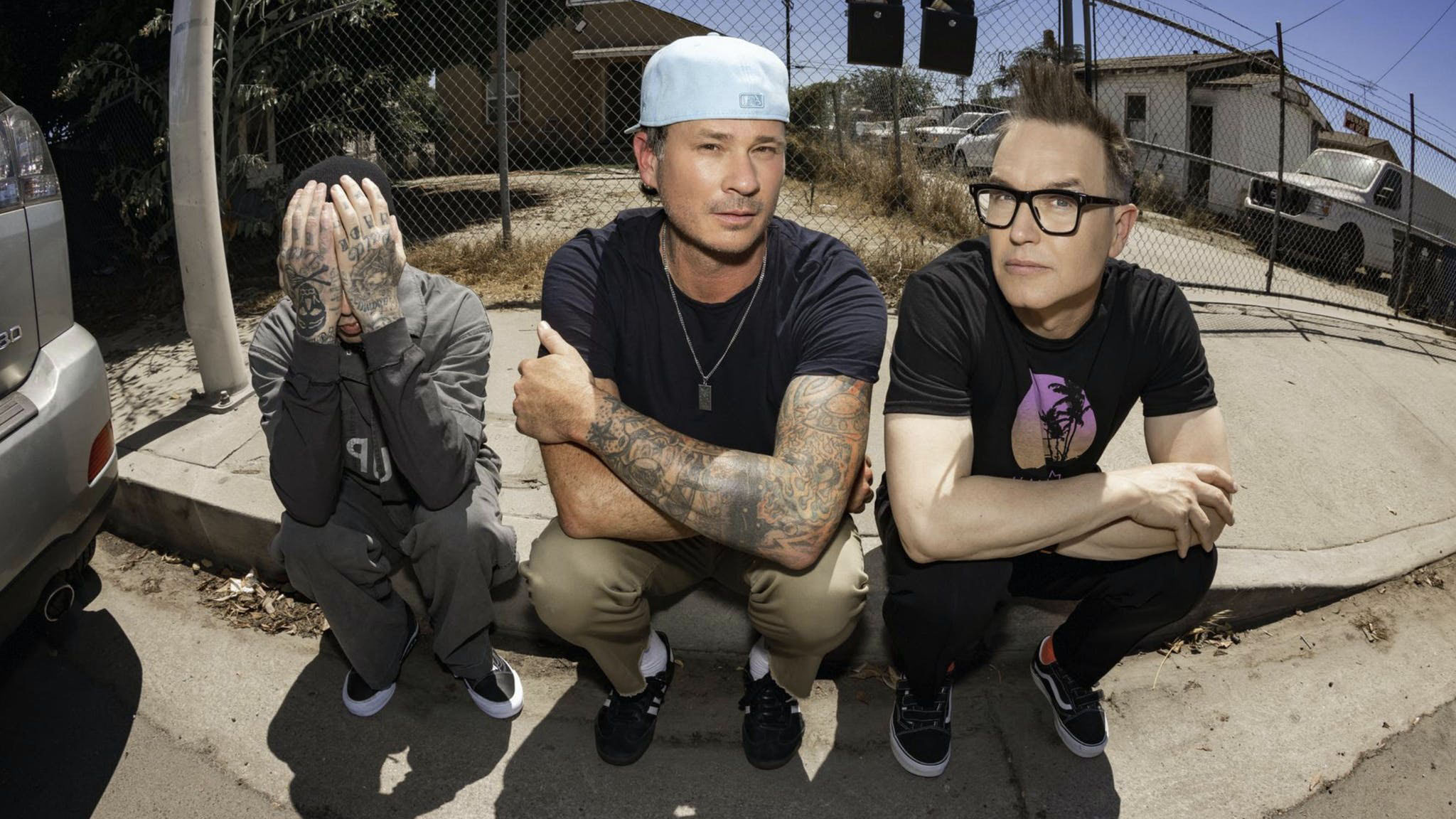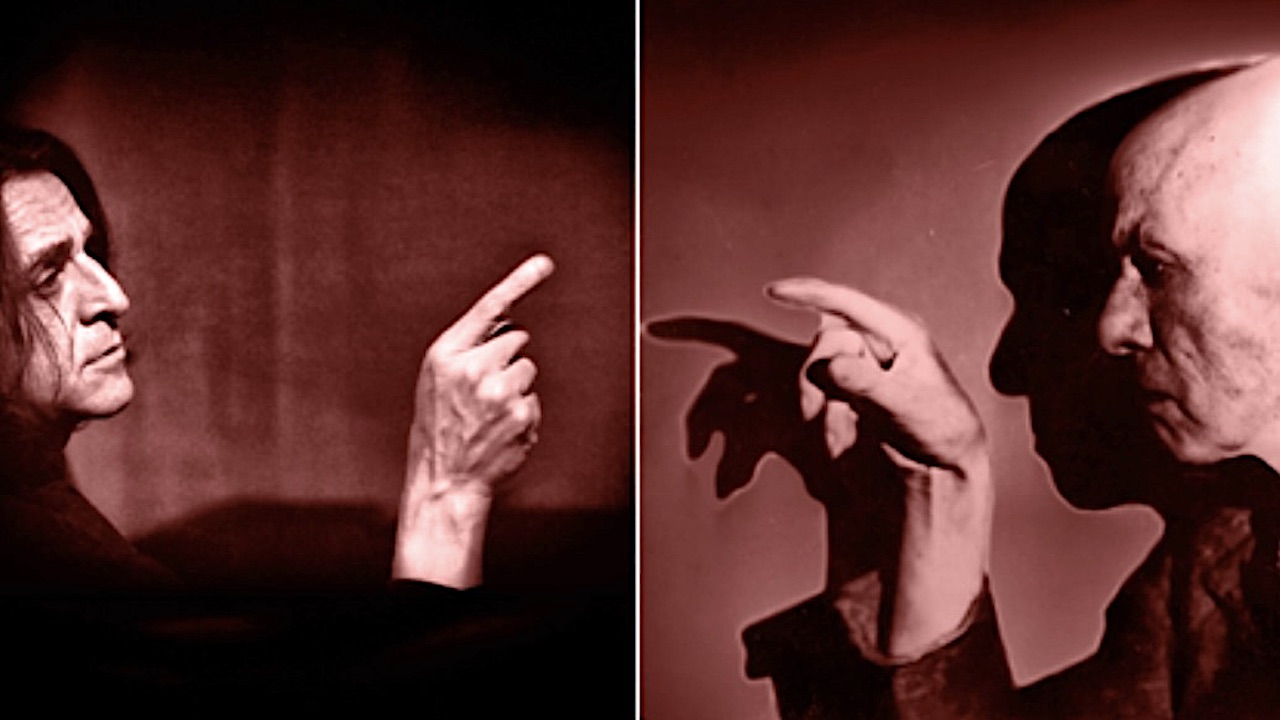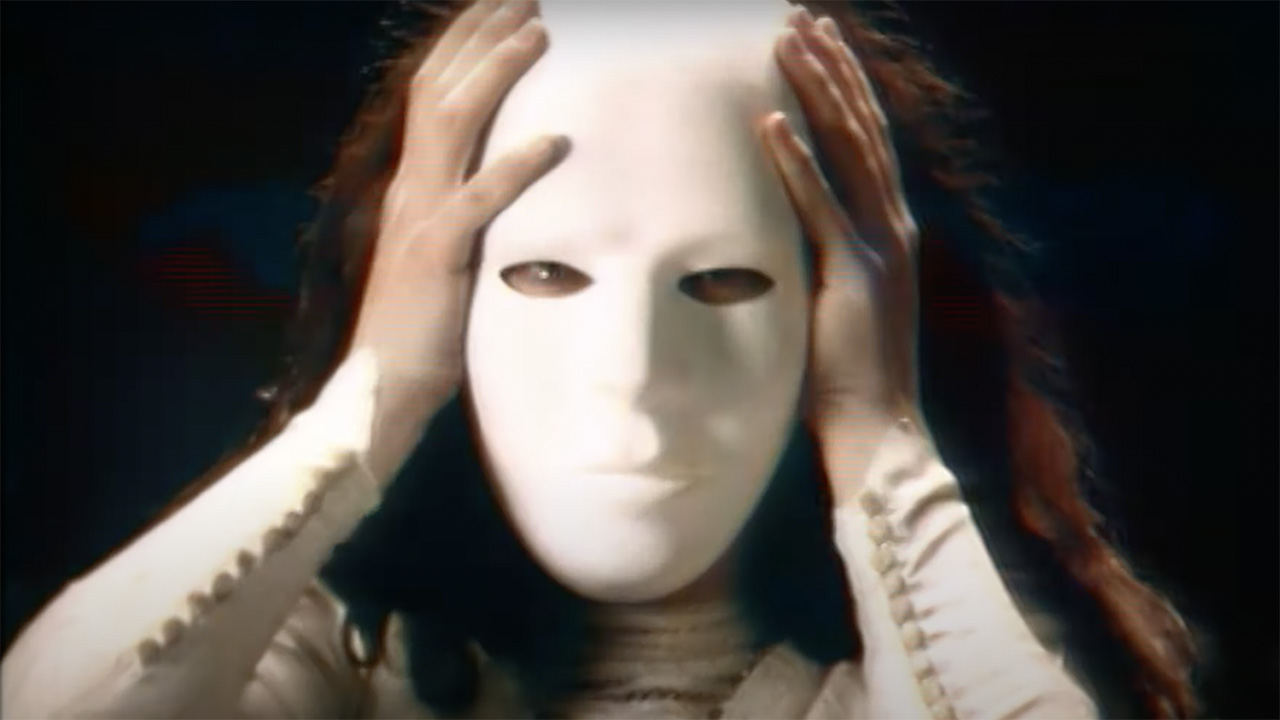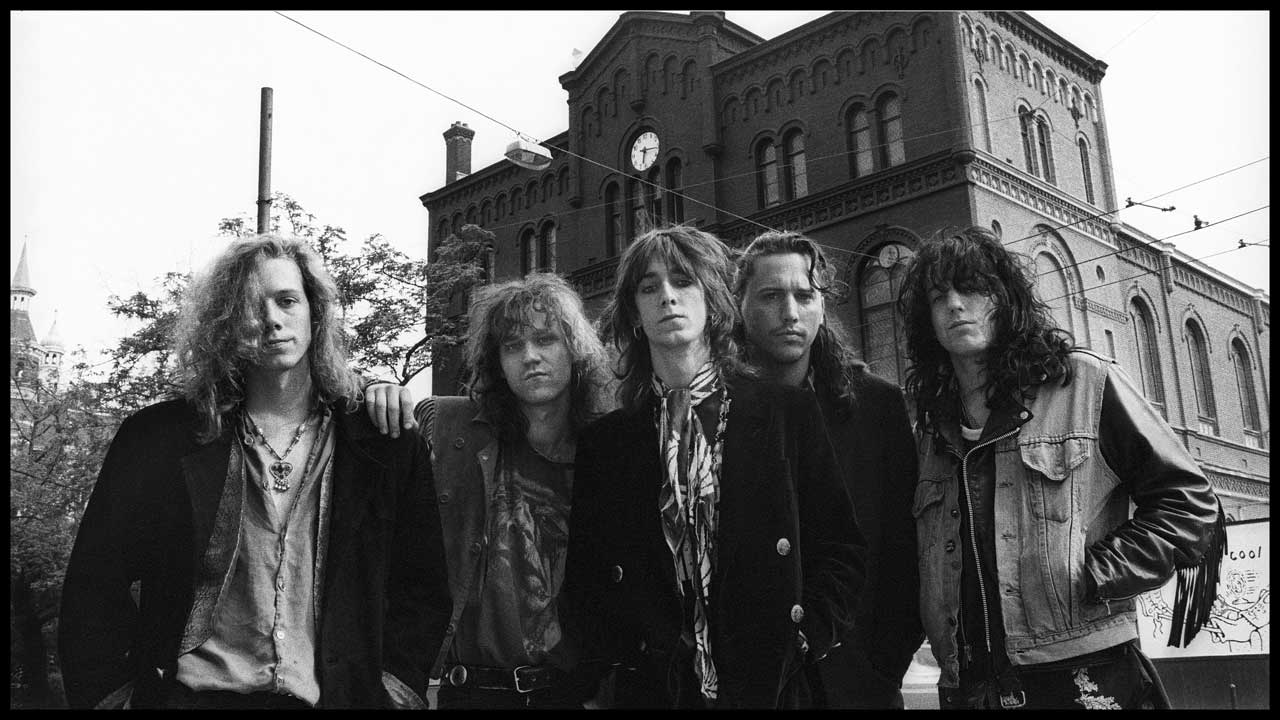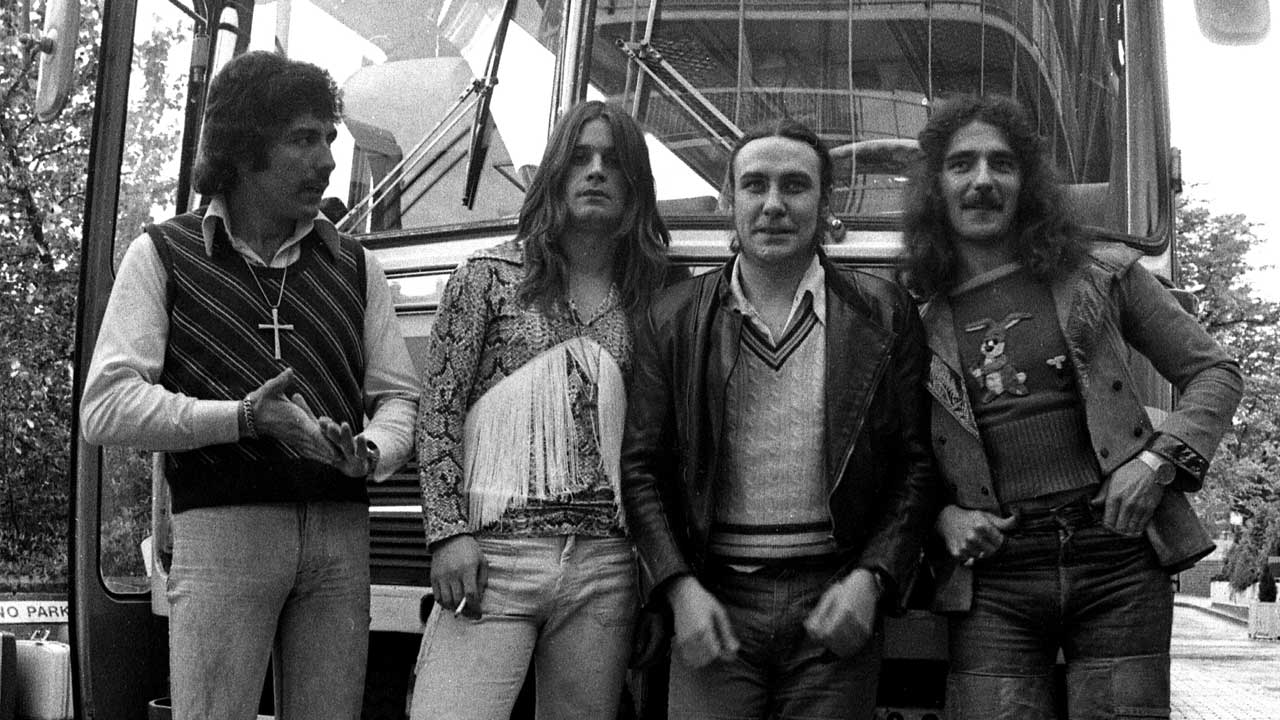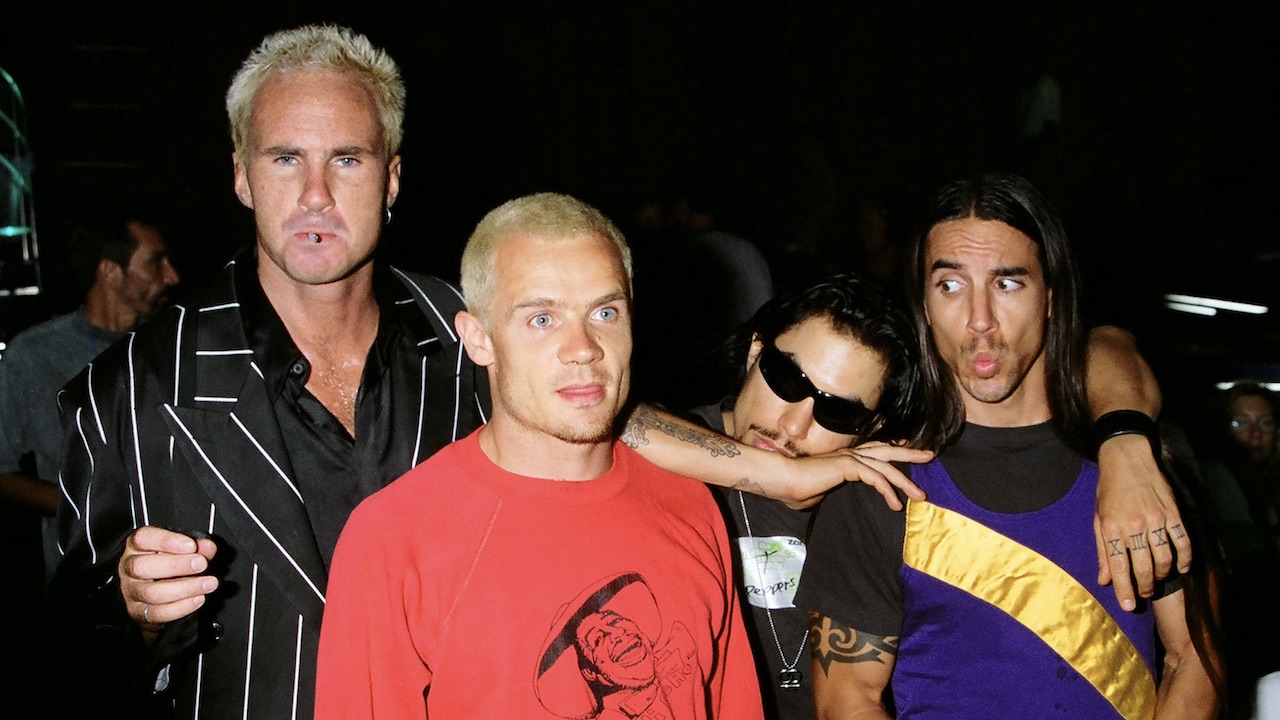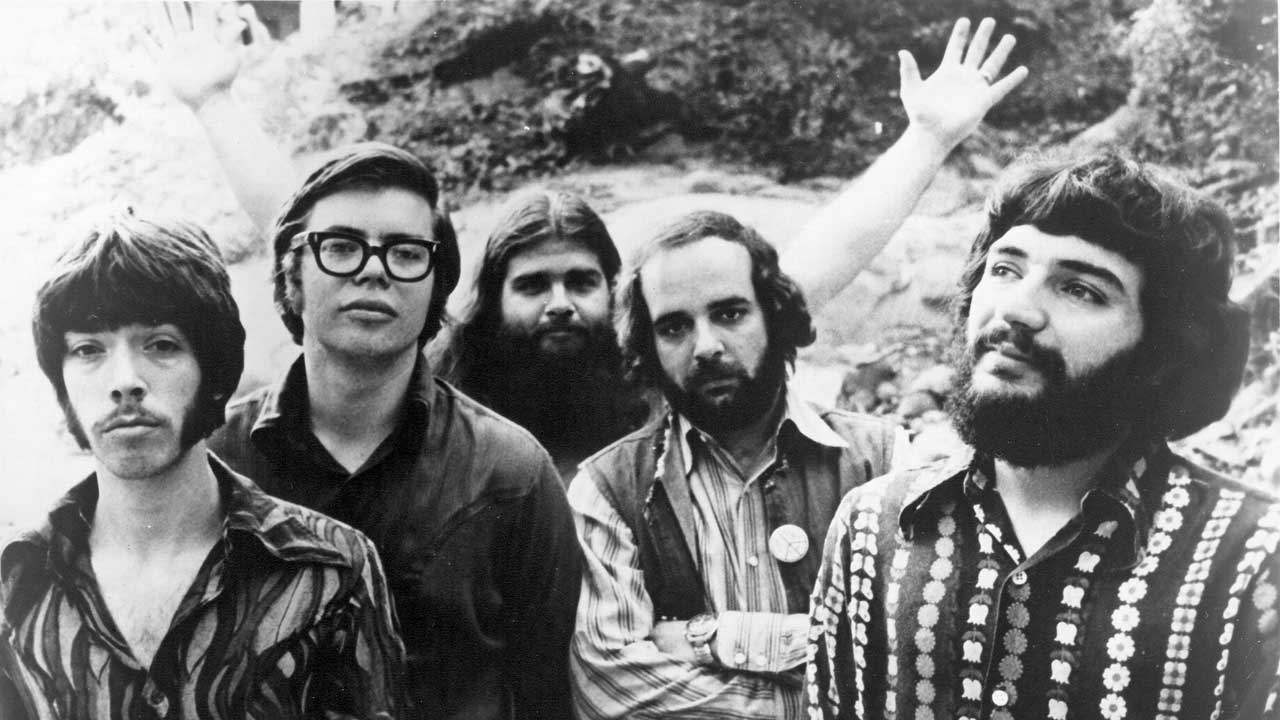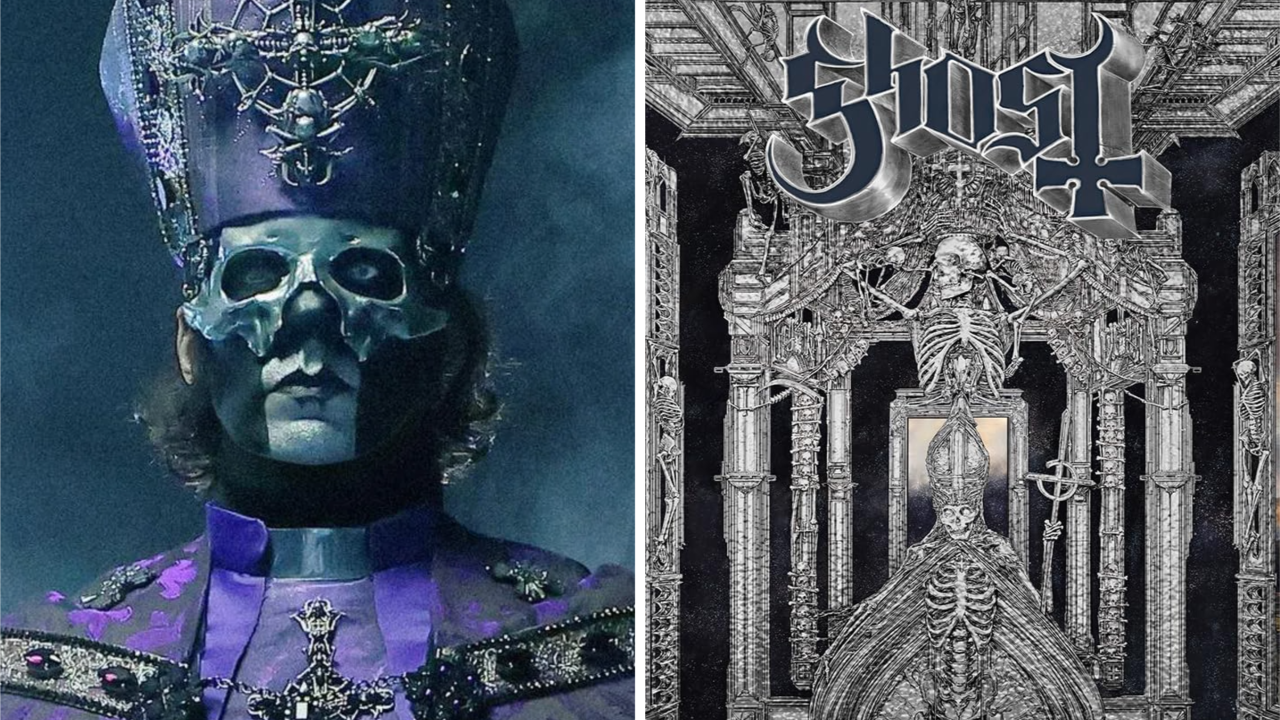That’s my shit,” declares Linsey Alexander to the packed-out venue in north Chicago. “I play my own shit, not like Eric Clapton and those motherfuckers,” he says, before continuing one of his legendary raucous performances that have seen him inducted into the Chicago Blues Hall Of Fame and win multiple awards while in his seventies. The set is all his own material.
The songs have all the traditional elements of the blues, the beat, the sexual innuendo and the walking bass, but the songs are still his own, not like some performers who, as Alexander intimates, have appropriated the music of others.
Although he didn’t elaborate, he was possibly referring to Clapton’s 1974 hit Give Me Strength. The record gave Clapton full writing credit but, according to Chicago singer-songwriter Louise King Mathews, it was she who in fact wrote the song in 1939, before Clapton had even been born. How he came to believe he wrote it himself, Mathews couldn’t understand.
Not everyone would agree with Alexander’s take. Wussies and pussies. That’s how Bob Dylan described his critics who accuse him of plagiarising music in a 2012 interview with Rolling Stone. The singer noted that “quotation is a rich and enriching tradition” in traditional music like folk and blues.
He’s right, of course. The very nature of derivative music, like the blues, is to copy previous songs with the intention of creating something new. Rather than profit from the labour of others, the point of this practice is to inject the music with cultural relevance or tradition.
This, however, hasn’t stopped a plethora of lawsuits involving accusations of artists copying one another. It is said that imitation is the sincerest form of flattery, but it’s not always easy to determine where imitation ends and theft begins.
Clapton wasn’t the first and certainly won’t be the last blues musician to be accused of copyright theft. In 2014, Rod Stewart became the latest British blues alumnus to be hit with a copying charge from an originator. He had credited his 2013 rendition of Corrina Corrina as traditional.
However, the copyright for the (same) song Corrine Corrina in fact rests with the estate of pre-war bluesman Bo Carter, which filed the lawsuit. The suit alleges that the two songs “contain substantially similar def ining compositional elements, including, but not limited to, lyrics, melody, rhythm, tempo, meter, key and title”.
Carter’s estate claimed that Stewart wilfully infringed upon the copyright, either by failing to check if it was in the public domain or by knowing it wasn’t and going ahead and recording it anyway.
Although copying in blues can be traced back to the genre’s infancy, it was the British blues explosion of the 1960s that gave rise to a litany of litigation. And few bands have been subject to as many allegations of copying as Led Zeppelin.
From Willie Dixon to John Lee Hooker, many artists have had a pop at Plant and Page for appropriating the music of the south and the blues originators. While it’s easy to attribute the lawsuits to the deep pockets of the Zeppelin machine, there’s no denying the similarity between some of their biggest hits and songs from the original blues legends of the USA and, in particular, Chicago’s Chess Records.
The first time England’s favourite blues-rock band felt the wrath of Chess Records was back in 1972, when Arc Music, the publishing arm of Chess, brought a lawsuit against Led Zeppelin for copyright infringement over two songs it alleged were stolen, Bring It On Home and The Lemon Song.
The former was more than reminiscent of Sonny Boy Williamson’s 1963 recording Bring It On Home, written by Willie Dixon, and the latter bore strong similarities to Chester ‘Howlin’ Wolf ’ Burnette’s Killing Floor. The suit settled out of court, with Zeppelin agreeing to give writing credit to Dixon and Burnette on the songs.
But that wasn’t the end of their woes. Whole Lotta Love, the opening track on the band’s second album, Led Zeppelin II, again became the subject of a bitter copyright dispute when Willie Dixon brought a lawsuit against Led Zeppelin in 1985, claiming that the song ripped off Dixon’s song You Need Love, which was recorded by Muddy Waters in 1962.
Many of the lyrics of Led Zeppelin’s version were copied from the Willie Dixon song, a favourite of Plant’s. Dixon had heard the song on the radio, but assumed that the song was simply a cover version of his own composition. Not being a big fan of rock music, the blues legend had no idea how big Zeppelin’s record was (it remained on the Billboard chart for 15 weeks, peaking at No.4).
When alerted to the matter by his daughter Shirley in the early 80s, Dixon discovered that several other Led Zeppelin songs had borrowed from his work without crediting him. Whole Lotta Love was the most blatant example. Plant didn’t deny the accusations – he believed they were continuing in the time-honoured tradition of blues artists borrowing from each other.
“I just thought, ‘Well, what am I going to sing?’ That was it, a nick. Now happily paid for. At the time, there was a lot of conversation about what to do. It was decided that it was so far away in time and influence that… well, you only get caught when you are successful. That’s the game,” he said.
However Page is still adamant that the riff and the structure are his own invention. In a New York Times article in 2015, he claimed the only similarities were within the lyrics, intimating that this is why they settled and gave Dixon songwriting credit. So why had the grand tradition of blues borrowing, which had gone on for decades, suddenly become a problem?
Muddy Waters’ first hit, the 1948 release I Feel Like Going Home was derived from Robert Johnson’s Walkin’ Blues, which itself was written by Son House. Yet only Waters is credited as the song’s author. There’s no record of Son House filing a lawsuit against him – the very idea of blues artists of the south suing one another is an anathema to the creation of their music. So, was this new trend for lawsuits because of perceived cultural appropriation?
Black artists had been recording blues for years but rarely were they justly compensated for their contributions. By the early 70s, Zeppelin were travelling in their own private jet and grossed over $300,000 for a single performance in Florida’s Tampa Stadium.
The Rolling Stones were on the road to becoming the wealthiest musicians in the world, while the original architects of the blues including Ike and Tina Turner, Muddy Waters and BB King had support slots on Stones tours. Despite signing to Chess in 1959 and recording multiple songs, Buddy Guy continued his day job, driving a tow truck through Chicago streets, for many years afterwards.
The problems really start where the newer act fails to cite or celebrate the obvious inspirations at all. This explains why straightforward cover versions can be considered to be part of the tradition of blues re-interpretations and less-obvious derivations can be seen as an underhanded steal.
Plant and Page, like Clapton, had failed to cite the original artists, instead awarding themselves full songwriting credit. It also explains why The Rolling Stones have been subject to very few copyright infringement allegations. Commendably, the band always gave dues to the original songwriters that had informed their sound. Famously, they also introduced white audiences to artists like Muddy Waters and Buddy Guy, bittersweet though those introductions may have been. Muddy said of the band: “They stole my music, but they gave me my name.”
But just how, exactly, do the courts apply copyright laws to music? Is it the lyrics? Or the music? What qualifies as original and what’s copyright theft where ‘derivative music’ is involved? Like most things where the law is concerned, it’s not black and white. The law of copyright has struggled to keep up with musical developments and tastes over the last century, and the blues simply doesn’t fit into the law’s interpretation of copyright.
The courts tend to have an old-fashioned view of songwriting (and by old fashioned, we mean 18th century) and don’t really recognise traditions of borrowing, particularly here in the UK where the law has been slower to move away from the classical music copyright model. Therefore, even the original songwriters can have a hard time arguing they came up with the music or lyrics in the first place. The test for originality isn’t particularly stringent.
A work can be original, in the legal sense, without being novel or unique. Unfortunately, without definitive parameters, courts have more freedom to arrive at a decision that meets with their subjective opinion of the music at the centre of the dispute. This lack of clear guidelines can, in turn, lead to some rather arbitrary decisions and a whole lotta uncertainty for musicians working today.
Copyright law is all the more confusing by having different rules in the US and the UK. While in the UK, copyright protection is automatic, in the US, composers need to register it. This can make the legal landscape even more complicated, as ZZ Top would no doubt attest to.
The Texas boogie merchants found themselves on the wrong side of a lawsuit in 1991 when Bernard Besman, the publisher of John Lee Hooker, claimed that ZZ Top’s 1973 hit La Grange, written about the Chicken Ranch, a notorious brothel in La Grange, Texas, infringed Boogie Chillen, John Lee Hooker’s 1948 foot-stompin’ classic. (Besman wasn’t the only one annoyed with La Grange – the brothel was forced to shut its doors on account of all the attention the song drew to its illegal activities.)
ZZ Top didn’t deny that La Grange was based on Boogie Chillen – but they did claim that the song was in the public domain and therefore free for anyone to copy. Luckily for them, owing to some complicated copyright registration requirements in the US, the courts accused the trio of copyright infringement. He agreed. Besman had failed to properly copyright the song in a timely manner, so the early versions were considered part of the public domain.
Interestingly, Hooker, who had written the song, had no interest in being involved in the lawsuit. He acknowledged that his own sound was not original and had been heavily influenced by the boogie-woogie-style piano players he heard when he was growing up in Mississippi. He even went as far as to say that he admired ZZ Top and was a fan of their work.
That Besman, the song’s publisher, was entitled to take legal action despite not having actually written the song is another oddity of the legal system. Generally speaking, a song’s author is the owner of its copyright. But there are exceptions to this. Depending on the terms of a record deal or contract that an artist signs, this may be transferred to the record company. This means they no longer own them and only have a right to royalties.
Unfortunately for many musicians, ill equipped to deal with the complexities of contracts and legalese, publishers and record companies and the suits behind them often wind up the owners of a song’s copyright instead of the artists themselves. It’s a situation that many blues artists have found themselves in, though few have felt the weight of these decisions as heavily as Creedence Clearwater Revival singer John Fogerty.
In 1988, Fogerty found himself at the centre of a case being argued before the Federal District Court in San Francisco. The reason? Fogerty was sued for sounding like himself. In 1970, Creedence had released the Fogerty-penned swamp-blues classic Run Through The Jungle. Owing to some ill-advised record contracts, the copyright to the song was now owned by Saul Zaentz, who owned CCR’s old record label, Fantasy Records.
When Fogerty released his new single The Old Man Down The Road in 1985, Zaentz claimed the song was essentially Run Through The Jungle but with different words and filed a lawsuit. Fogerty was forced to testify in open court.
“Being deposed is one of the most stressful things ever,” recalled Fogerty in his 2015 autobiography Fortunate Son. “The lawyers can attack you… You’re terrified at what might come out of your mouth, because it can and will be used against you.”
Among Zaentz’s arguments was that the two songs had the same notes but different timings. Despite the stress (Fogerty was so frustrated he broke his own hand during proceedings), he nonetheless managed to convince the jury that both songs were simple variations on his swamp-rock style of music – a sound heavily influenced by the blues. He sang both songs to the jury before singing Bo Diddley’s Bring It To Jerome – another song with the same two notes as his own.
“We’re talking about the blues, you’ve only got five notes anyway, so somewhere in your blues song you’re going to have [to include] those notes,” he explained to them.
It was similar experiences of being taken advantage of, by bands like Led Zeppelin and even by his employers at Chess Records, that inspired Willie Dixon to found his Blues Heaven foundation, a non-profit organisation that seeks to help musicians and artists obtain what is rightfully theirs and to educate the next generation of musicians on the business side of the music industry.
So says his grandson, Keith Dixon, when we catch up with him at 2120 South Michigan Avenue, the former Chess Records studio and current home to the blues museum run by the Dixon family. “My grandfather never got what he was entitled to,” Keith tells me. Dixon worked at Chess Records for over 30 years and over 500 blues songs have been attributed to him, either as writer or co-writer, but he never became a rich man.
Dixon penned many of the Chess Records back catalogue including Muddy Waters’ I’m Ready, Howlin’ Wolf’s Red Rooster and Little Walter’s smash hit My Babe. Although he was comfortably well off when he passed away in 1992, it was the Chess brothers, Leonard and Phil, who owned the record label who benefited most financially from the songs that Dixon wrote.
The Chess family has no involvement in the running of the museum today. Keith speaks matter-of-factly and without bitterness about those that took advantage of his grandfather, though few would begrudge him if he did harbour feelings of resentment.
In his own 1984 autobiography I Am The Blues, Willie Dixon himself wrote far more candidly, not holding back when commenting on Leonard Chess and his business practices. “I call it swindling but most people call it smart business when you can take advantage of someone who doesn’t know no better. I didn’t know anything about copyright laws or anything like that… Chess would always find one way or the other to take my money.”
As well as discovering his own material reused, repackaged and resold, Dixon observed many friends and colleagues go through the same ordeal. Chuck Berry, his labelmate at Chess Records, repeatedly found his songs plagiarised, mostly by white pop acts, none of whom bothered to credit Berry on their records. The most obvious copy came from California’s favourite sons, The Beach Boys.
Their 1963 summer anthem Surfin’ USA bore more than a passing resemblance to Berry’s Sweet Little Sixteen. The melody, chords and arrangement were identical – only the lyrics had been changed, yet the single, which reached No.3 in the Billboard charts, listed Brian Wilson as the sole composer of the track.
When called out, the band didn’t deny it and manager, Murry Wilson (who was also their father), quickly conceded that the song was a copy of Sweet Little Sixteen. To avoid a lawsuit he gave credit to Berry on all releases after 1966.
The flagrant disregard for Berry’s songwriting goes some way to explain why – until he died – regardless of whether a venue is a stadium or a local club, Berry insisted on being paid in cash before he went on stage. After a lifetime of being ripped off, you can’t blame the man for wanting to retain control over his own finances.
Not that Berry was entirely innocent himself. Although he was copied repeatedly, Berry was sued by former songwriting partner and piano player Johnny Johnson. Johnson alleged that he had written the music for most of Berry’s material including Johnny B Goode and Sweet Little Sixteen but never received any writing credit. Berry reportedly told him that only the person who wrote the lyrics was entitled to credit and royalties – not the person who wrote the music.
At the time, Johnson, a man of little education, believed him. It was only in the 1990s, when Keith Richards, a fan of all things Chuck Berry, tracked Johnson down and alerted him to the fact he should have been receiving co-writing royalties on more than 50 songs, that Johnson took action. Unfortunately, the case was dismissed because too many years had passed since the songs in dispute were written, and the statute of limitations had expired. Johnson never received his dues.
Thanks to the work of Dixon, exploitation is no longer as commonplace. The efforts of Blues Heaven in educating artists about copyright and obtaining what’s rightfully theirs means the estates of many of the late, great bluesmen will benefit financially. The well-publicised legal battles against Led Zeppelin means fewer modern-day artists will take the risk of appropriating music or lyrics without giving the originators their dues.
The blues carries on, but so too should the original songs that have laid the foundations for so many music genres. As Dixon said, “The blues are the roots and the other musics are the fruits. It’s better keeping the roots alive, because it means better fruits from now on.”
